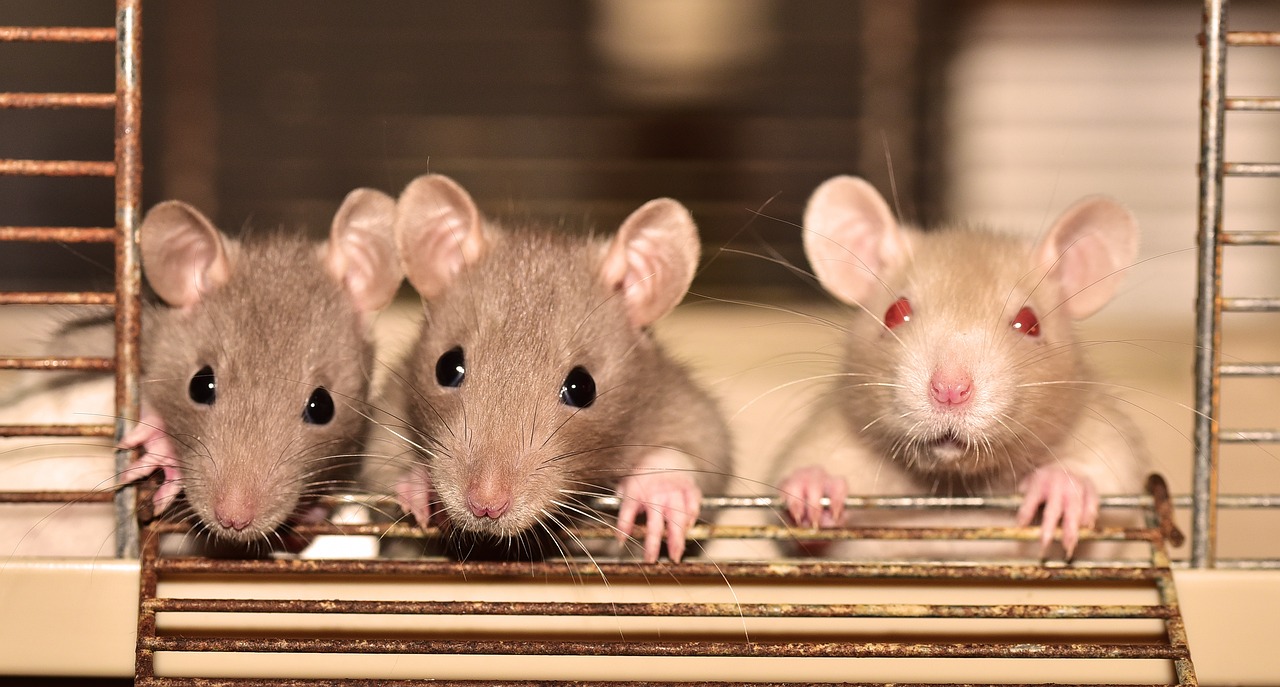For any homeowner, the sight of mice and rats in the house can be off-putting. They are not only unpleasant to the eyes but can also cause damage to the property and pose severe health risks. Mice and rats often carry infections and diseases like leptospirosis, hantavirus, and salmonella. Besides this, they are notorious for destroying insulations, wirings, and structural elements of the house. According to the Centers for Disease Control and Prevention, rodents are responsible for causing over 35 diseases worldwide. Thus, it’s essential to call Virginia Beach exterminators if you’re experiencing rodent infestation.
In this blog, we’ll explore effective strategies to prevent rodent infestations and how proactive measures can protect your home from these unwanted invaders.
- Seal Entry Points
Rodents like mice and rats are resourceful creatures and can squeeze through incredibly small crevasses and openings. The National Pest Management Association or NPMA reports that mice can fit through gaps as small as a dime. On the other hand, rats can squeeze through openings the size of a quarter. Thus, one of the key strategies to keeping rodents from invading your house involves sealing the entry points.
- Inspect the Exterior: Check your home’s foundation, walls, and roof for any cracks, holes, or gaps. Pay special attention to areas where utility pipes and wiring enter your home.
- Seal Cracks and Gaps: Use caulk or steel wool to seal smaller cracks and holes. For larger gaps, consider using metal mesh or expanding foam.
- Install Door Sweeps: Add door sweeps to exterior doors and ensure garage doors close tightly to prevent rodents from entering through these points.
- Maintain a Clean Home
Rats and mice are attracted to food and water and they seek shelter inside our homes during colder months. Rodents love cluttered and unsanitary environments and thrive in such places. By maintaining a clean living space, you can significantly reduce the chances of a rodent infestation.
- Store Food Properly: Keep all food in airtight containers, and don’t leave pet food out overnight. According to the World Health Organization (WHO), rodents are attracted to easily accessible food sources and can contaminate up to 10 times the amount of food they consume.
- Clean Up Spills: Regularly clean up food crumbs, spills, and grease from kitchen surfaces, floors, and dining areas. Pay special attention to hard-to-reach spots like under appliances.
- Declutter: Rodents love to nest in cluttered areas, so keep storage spaces, garages, and basements organized. Remove cardboard boxes and other nesting materials, as they are particularly attractive to rodents.
- Reduce Outdoor Attractants
A well-kept garden and yard can help deter rodents from invading your home in the first place. Rodents often make nests in overgrown vegetation, wood piles, or debris, which can provide them with easy access to your home’s foundation.
- Prune Vegetation: Ensure the shrubs, trees, and grass are trimmed and away from the walls of your home. This limits the hiding spots rodents can use to get close to your property.
- Move Wood Piles: Store firewood and other wood materials away from your home and keep them elevated off the ground to prevent rodents from nesting.
- Eliminate Standing Water: Fix leaky hoses or faucets and remove any standing water in your yard, as rodents need a water source to thrive.
- Use Rodent Deterrents and Traps
In addition to physical barriers, there are several deterrents and traps you can use to keep rodents out of your home. These tools work best when used in combination with preventative measures like sealing entry points and maintaining cleanliness.
- Rodent Repellents: Ultrasonic devices, peppermint oil, and ammonia-based sprays are known to deter rodents. However, their effectiveness may vary, so it’s important to use them alongside other methods.
- Set Traps: Place snap traps, glue traps, or electronic traps near areas where rodent activity is suspected, such as near walls, behind appliances, or in attics and basements. Check traps regularly and dispose of any caught rodents promptly.
- When to Call a Professional
If you suspect an infestation or see signs of rodents (droppings, gnaw marks, or nests), it’s crucial to act quickly. According to the National Institute of Environmental Health Sciences (NIEHS), a pair of mice can produce up to 60 offspring in a single year, allowing an infestation to grow rapidly. In these cases, hiring a professional Virginia Beach exterminator is the most effective way to eliminate the problem and prevent future infestations.
Conclusion
Rodent infestations can lead to costly damage and serious health risks, but with proper preventative measures, you can safeguard your home. By sealing entry points, maintaining cleanliness, reducing outdoor attractants, and using deterrents, you’ll create a rodent-resistant environment. Regular inspections and early intervention are key to keeping your home safe from rodents year-round. If the problem persists, it’s always best to consult a professional for comprehensive pest control solutions.












